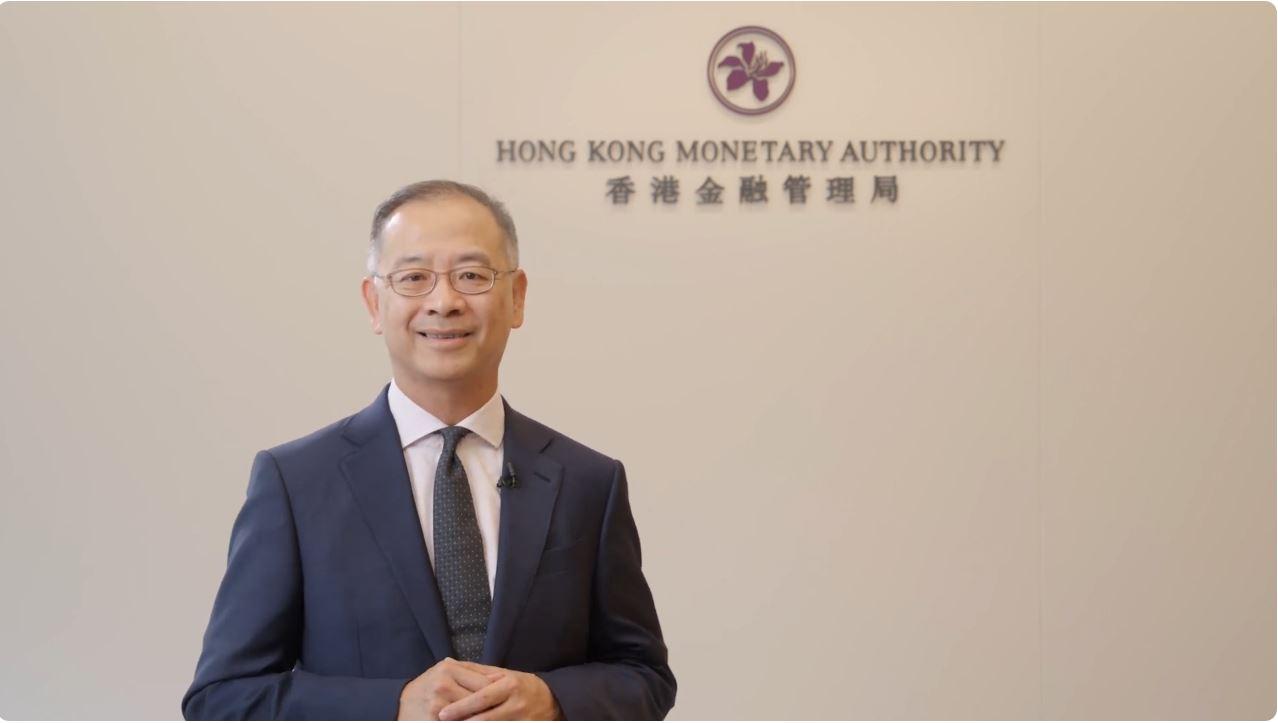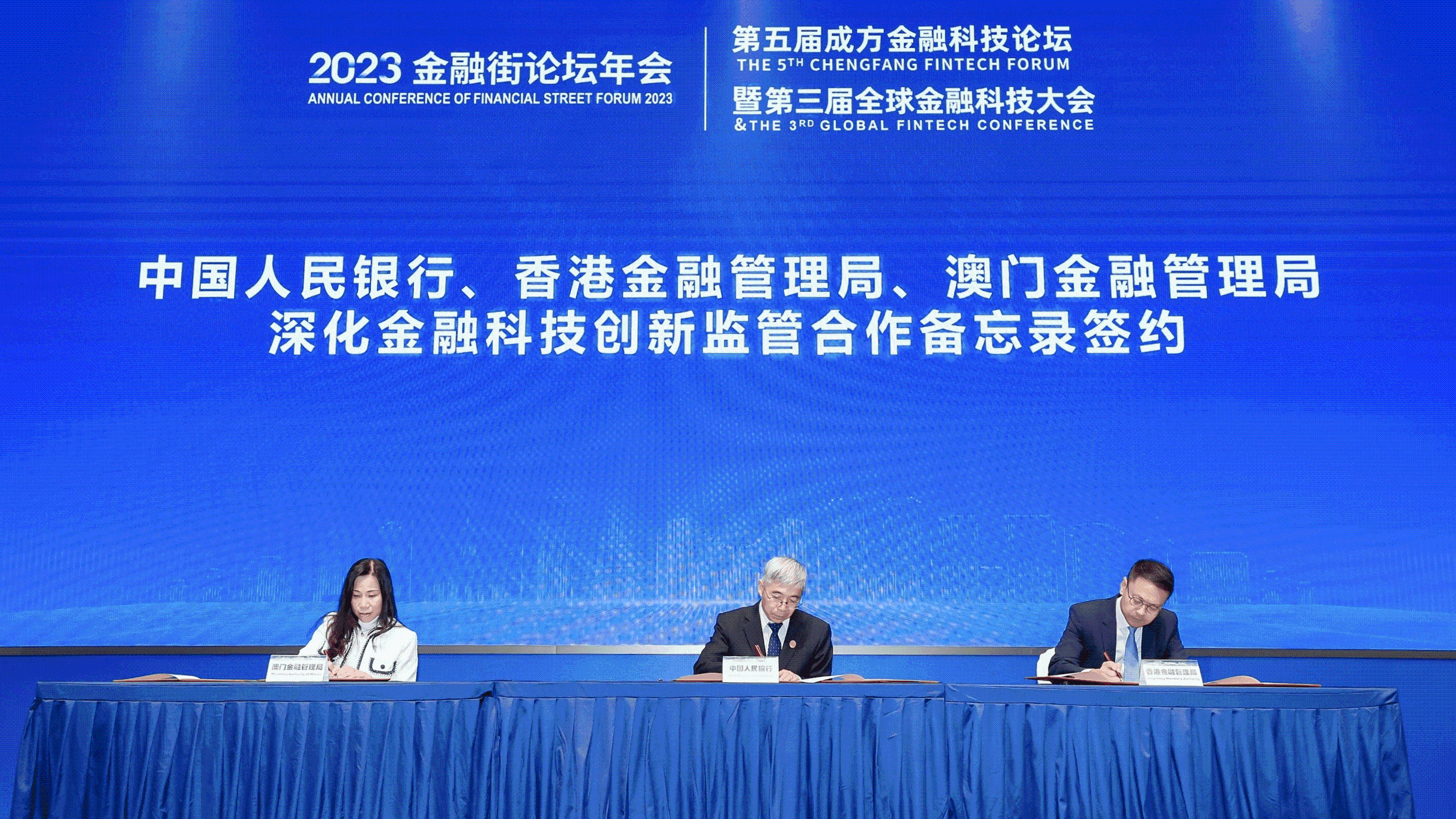The Centre for Food Safety (CFS) of the Food and Environmental Hygiene Department announced today (November 9) the results of a risk assessment study on industrially produced trans fatty acids (IP-TFA) content in prepackaged and non-prepackaged food. To conduct the study on IP-TFA content, the CFS collected 149 food items from five food categories, namely fats and oils, margarines and spreads, prepackaged foods, ready-to-eat foods and miscellaneous local specialities. Results revealed that the levels of IP-TFA in 143 (96 per cent) of the 149 food samples were below the World Health Organization (WHO) guidance level of 2 grams per 100g total fat; only six samples (4 per cent) contained IP-TFA greater than the WHO guidance level of 2g per 100g of total fat, hence the possibility of using partially hydrogenated oils (PHO) (the main source of IP-TFA) in the ingredients. Those samples were egg tarts, Chinese dough sticks, puff pastry of soup (two samples), fried soybean rolls and pickled vegetable sauce for fish soup base.
A spokesman for the CFS said, “Intake of trans fatty acids (TFA) is associated with increased risk of coronary heart disease. There are two major dietary source of TFA. One source is from ruminant products such as milk and butter which TFA are naturally present. Another source is from IP-TFA, and PHO are the predominant source of IP-TFA. The WHO is aiming to eliminate IP-TFA from the global food supply by 2023. To this end, Hong Kong has introduced a ban on PHO by specifying PHO as a prohibited substance in food under the Harmful Substances in Food Regulations. The relevant provisions will come into force on December 1, 2023, with a view to eliminating IP-TFA at source to protect public health.”
In the risk assessment study, the CFS further looked into the six cases with IP-TFA greater than 2g per 100g of total fat, with a view to considering if the samples contained PHO by assessing the TFA isomers profile of the food sample, level of IP-TFA detected and information from food manufacturers/suppliers. Three samples (egg tarts and the two pastries of soup) were found compatible with containing PHO.
Relevant food outlets of the three samples have adopted the recommendations from the CFS and reformulated their recipes. The reformulated products were tested and found to contain IP-TFA less than 2g per 100g, indicating that they did not contain PHO.
In addition, comparing the results of this study with a similar study in 2019, the percentage of samples with IP-TFA greater than 2g per 100g fat decreased significantly from around 25 per cent to four per cent. When looking into IP-TFA levels of an individual subcategory, there is a decrease in IP-TFA levels in puff pastries of soups, chicken pies, samosas/meat stuffed pastry rolls, cakes, Chinese/sweet pastries and cookies over the years. The study results indicated that the trade has made effort to reduce IP-TFA levels in the food supply.
To prepare for the upcoming prohibition of PHO on December 1 this year, the CFS reminds the trade to ensure that their food products do not contain PHO. Members of the public shall pay attention to the level of TFA on nutrition labels when purchasing prepacked foods. The WHO recommends limiting TFA intake to less than 1 per cent of total energy, which equals to less than 2.2g per day in a 2,000-calorie diet.
For details of the study, please visit the CFS’s website at www.cfs.gov.hk. read more



